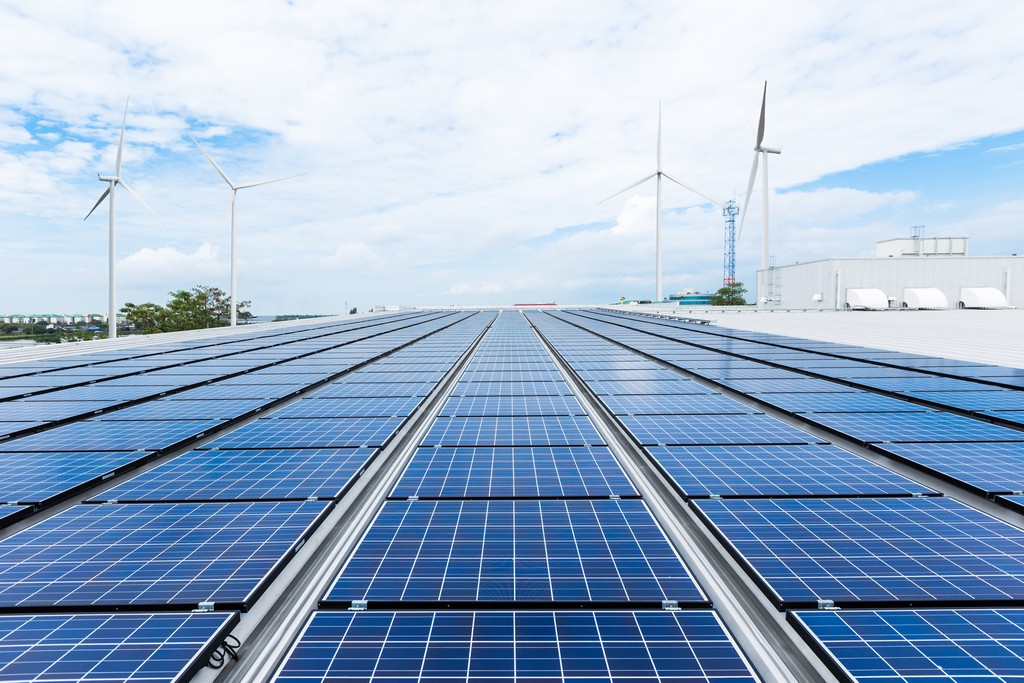
Dear Fashion: Let’s Step Up and Get Aligned
In a recent opinion editorial with WWD, CEO Colin Browne argues fashion needs to take more serious and coordinated action on sustainability. Read the highlights here!

Higg FEM 4.0 to be Released in November 2023
San Francisco, Amsterdam, Hong Kong – December 21, 2022: The Sustainable Apparel Coalition (SAC), an independent and impact-creating organization that brings together around half of the apparel industry to enable positive social and environmental impact at scale, has today published its Higg Facility Environmental Module (FEM) 4.0 Technical Paper (“the Paper”). The Higg FEM 4.0 will be officially released in November 2023, but, to provide transparency to users and to allow them to prepare for the new version, the SAC is giving access to the Higg FEM 4.0 content through the Paper, which is now available on the SAC website.
The Higg Facility Environmental Module (Higg FEM) 4.0 will continue to be a sustainability assessment tool that standardizes how facilities measure and evaluate their environmental performance, year-over-year. It facilitates conversations among value chain partners to improve sustainability in every tier of the global value chain, and empowers them to identify, prioritize and scale sustainability efforts.
The latest version of the Higg FEM is based on member feedback collected during the latest version cycle, and includes feedback from brands, retailers, manufacturers, service providers, and other international organizations. This work has included reviewing tool feedback, the FEM framework, FEM scoring methodology, FEM question content, and much more.
Major changes in Higg FEM 4.0 include:
Jeremy Lardeau, VP, Higg Index at the Sustainable Apparel Coalition, said: “The release of this technical paper and the changes we have made to the Higg FEM are a huge milestone for the SAC and industry at large, and are a testament to our commitment to collaborate with experts and collect feedback so as to improve our tools to drive greater impact. Only through these joint efforts can we radically transform the industry and play our part in addressing the climate crisis.”
Delman Lee, Vice Chair at TAL Apparel, and SAC Board Chair, said: “As a collective action coalition, representing half of the apparel, footwear and textile sector, the SAC has a pivotal role to play in helping to move the industry forward and in tackling the climate crisis. And, as a manufacturer, we welcome the release of this technical paper and believe the latest Higg FEM version will be instrumental in helping us deliver on our climate goals.”
The new requirements for the Higg FEM will be implemented from 2023 and the updated tool will be released on the Higg platform in November 2023 for facilities to work on their self-assessment for the performance year 2023, with content training planned throughout 2023 to provide users a better understanding of the tool.
Through this update, the SAC has also enhanced the applicability methodology in FEM 4.0, allowing facilities across multiple industry sectors and tiers to evaluate their environmental performance in an effective manner. The questions developed have been built specifically to cater for additional industry sectors, such as the outdoor sporting and hardgoods facilities, as well as facilities that produce man-made cellulose fibers, etc.
The Higg FEM, which was built collectively with industry stakeholders, was first publicly released in 2012 and has undergone several updates over the years, with SAC members providing valuable knowledge that has informed methodology updates. This has ensured the tool is relevant, scalable and successful in solving the most pressing environmental issues.
— ENDS —
For more information, please contact: beatrice@apparelcoalition.org
About the Sustainable Apparel Coalition:
The Sustainable Apparel Coalition (SAC) is an independent and impact-creating organization that aims to lead the industry toward a shared vision of sustainability based upon a joint approach for measuring, evaluating, and improving performance.
As a non-profit organization, it has members from across the apparel, footwear and textile sector, but exists independently outside any one company so that it can drive progress. The SAC’s collective action efforts bring more than 280 global brands, retailers, manufacturers, NGOs, academics and industry associations together. They represent about half of the apparel and footwear industry along the whole supply chain – from sustainability pioneers to organizations just getting started.
Before the SAC existed, companies worked in a siloed way, using their own programmes and measurements that lacked standardization and an ability to drive collective action. In 2010, Walmart and Patagonia identified this as a serious problem. Joining forces, they brought together peers and competitors from across the sector, to develop a universal approach to measuring sustainability performance and founded The Sustainable Apparel Coalition.
Cascale is proud to announce the election of a new board member and the re-election of two incumbent board members to serve on the Cascale Board of Directors.
Cascale’s ongoing event series amplifies the voices of manufacturers around the globe; event to be held in collaboration with ISPO Shanghai.
In pursuit of expanded pathways for sustainability impact, the global nonprofit alliance Cascale (formerly SAC) appoints Colin Browne as chief executive officer.